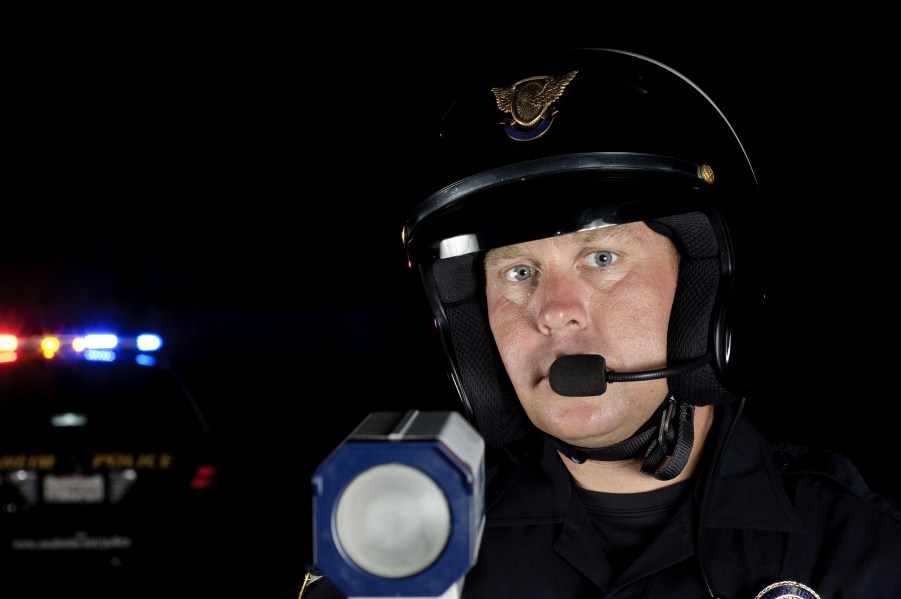
Can you contest a radar gun speeding ticket?
Many of us have experienced being on the side of the road as a police officer walks up to the car after stopping you for alleged speeding. He or she may say that they clocked you at a certain pace. If you really were speeding, there might not be any room for debate. In certain cases, though, some drivers contest radar gun readings and, hence, the associated speeding ticket.
Of course, I do not promote speeding or dangerous acts behind the wheel. If you don’t think you were in violation of the posted speed limit, it’s important to remain calm. Always try to address the police officer with respect.
Drivers can contest radar readings
If you plan on contesting the ticket, knowing the type of radar gun used will be helpful. You can ask to see it, and then you can research the manufacturer’s materials.
You can ask when the department performed the last calibration. According to the Wilson Law Firm, a radar gun should be calibrated at the beginning and end of each shift, and the tuning fork should be calibrated every six months.
If the officer issues a speeding ticket during the traffic stop, you can prep your defense and then go to traffic court to contest the violation. Consulting with an attorney can help, too.

Manufacturers will list the margin of error, which typically is between one to three mph. Factors that can interact with the radar gun signal include radio waves, reflectors, rain, snow, altitude, and atmosphere frequencies.
You can also ask if the police officer received proper training on how to use the radar gun correctly and attempt to confirm that the officer used the tool correctly at the time of the traffic stop.
In the end, the best way to avoid a speeding ticket is to follow the posted speed limit and avoid driving behavior that would fall outside of any radar gun’s margin of error.



